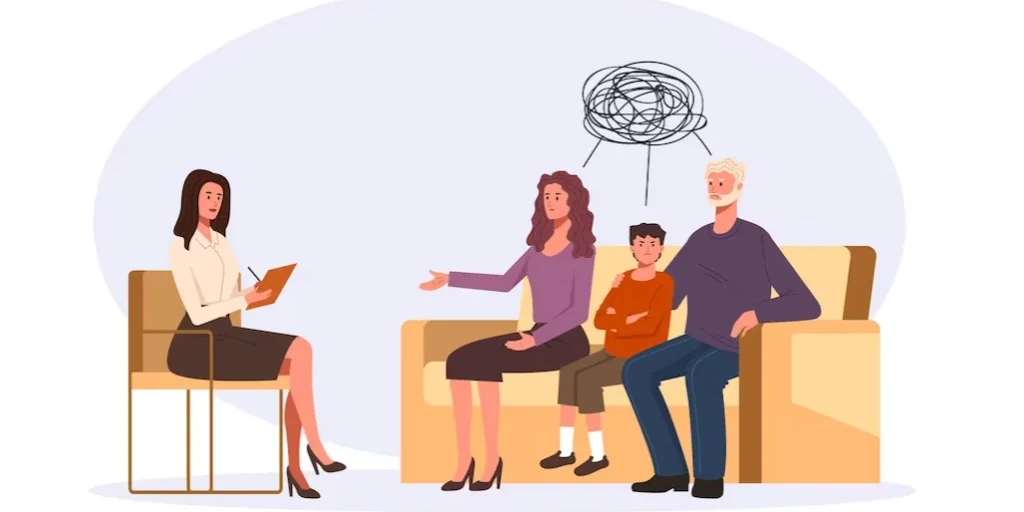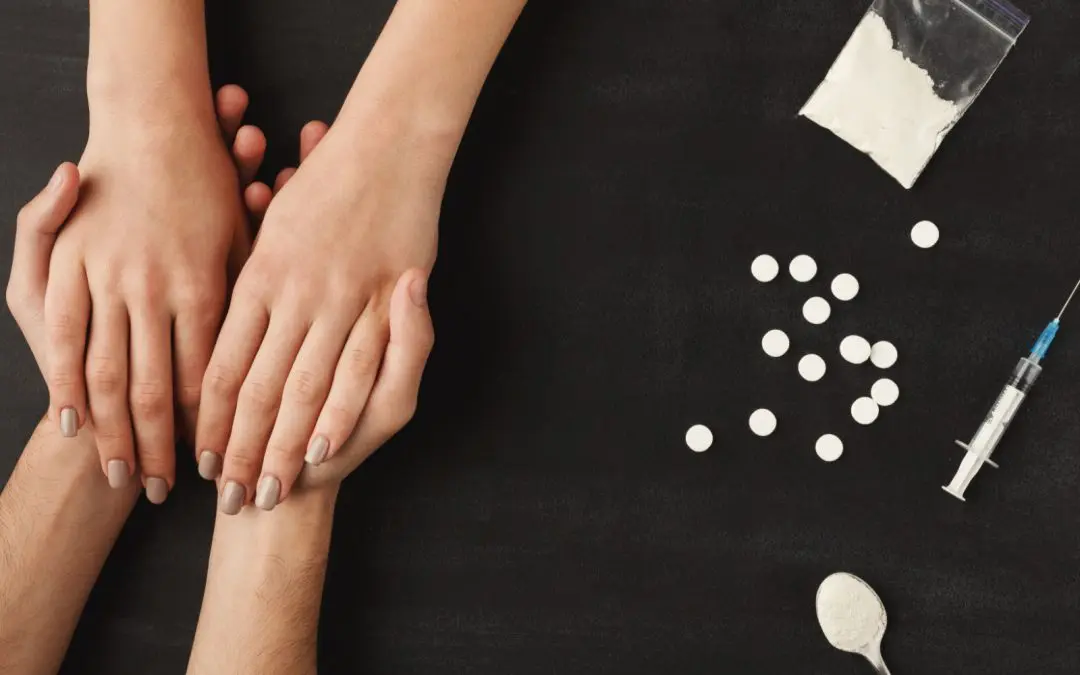24/7 Helpline:
(866) 899-221924/7 Helpline:
(866) 899-2219
Learn more about Prescription drug Rehab centers in Lunenburg County
Prescription drug Rehab in Other Counties

Other Insurance Options

Group Health Incorporated

BHS | Behavioral Health Systems

Optum

CareFirst

Providence

Absolute Total Care

Medical Mutual of Ohio

MHNNet Behavioral Health

Evernorth

Access to Recovery (ATR) Voucher

Meritain

BlueShield

PHCS Network

Horizon Healthcare Service
Beacon

Aetna

American Behavioral

Magellan Health

United Health Care

ComPsych

Three Rivers Treatment Center Academy
Three Rivers Treatment Center Academy is a private rehab located in Kenbridge, Virginia. Three River...













































































